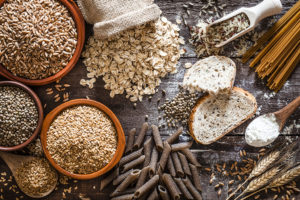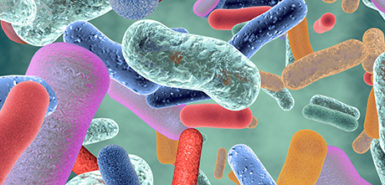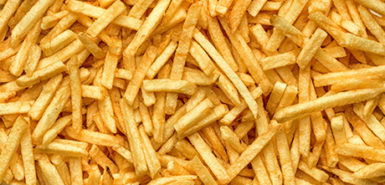
Regularity.
We all like a bit of consistency in our lives, but when it comes to gut health, regularity is at the top for most.
But a healthy gut does way more than just keep us regular. Benefits include digestion, improving mood and boosting our immune system.
Having a healthy gut involves feeding our microbiome, those beneficial microorganisms in our belly. They need the right food—called prebiotics—to do their job.
Prebiotics are fibers and starches in our foods that our bodies cannot digest—but our gut microbiota love them. They feed on these ingredients to grow beneficial bacteria and produce beneficial substances such as short-chain fatty acids.
These fatty acids help by protecting the colon, giving us energy, helping with weight loss and even reducing risk of some diseases like diabetes and heart disease.
So where can we get this microbiome fertilizer? Right from nature.
Some of the best sources of prebiotics include:
- Artichokes
- Whole wheat
- Barley
- Rye
- Oats
- Flax seeds
- Oatmeal
- Onion and garlic
- Leeks
- Dry beans
- Asparagus
- Leafy greens
- Berries
- Bananas
- Honey
- Potatoes
Cooking the starchy foods ahead of time and eating them as leftovers after cooling is a great approach, because it can increase the prebiotic-resistant starch content of the foods.
Many of these foods are also on the top lists of superfoods—and for good reason.
Here are some tips to add more gut fuel to your diet:
- Cut down on meats and add in more dry beans to replace in tacos or spaghetti.
- Batch cook whole grain pasta, oats or potatoes at the beginning of the week to use in your meals as leftovers.
- Sweeten plain yogurt or oatmeal with honey, bananas and berries instead of adding sugar or buying sugar-filled options at the store.
- Add ground flax seeds to your smoothies, yogurts or oatmeal.
- Use fresh garlic or onions in cooking instead of dry powders.
- Toss spinach into smoothies or sautés.
- Swap for 100% whole grains in breads, pastas and crackers.
The key: Follow a plant-based diet with a lot of variety. This will help improve your prebiotic intake and meet your daily fiber goals. For women, this is at least 25 grams per day. For men, it’s 38 grams.
Keep in mind that people with irritable bowel syndrome may see their symptoms exacerbated by eating too many prebiotic foods. See a dietitian for the best plan for you.
 /a>
/a>
 /a>
/a>
 /a>
/a>